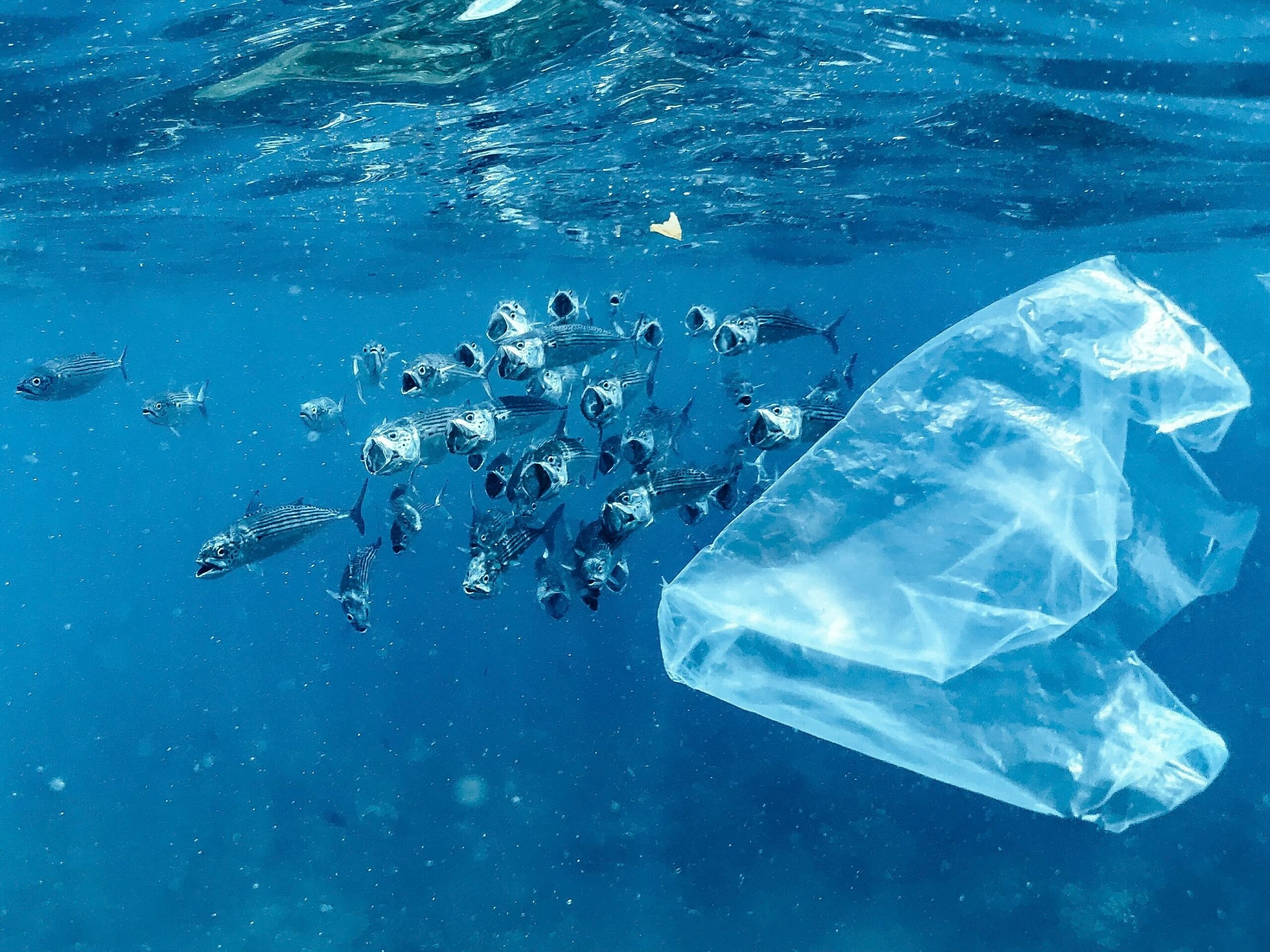Photo by Naja Bertolt Jensen
Global negotiations to forge the world’s first legally binding treaty to tackle plastic pollution have collapsed for the second time in eight months, as countries remain fundamentally divided over whether to limit plastic production or focus solely on waste management solutions.
The sixth round of talks under the Intergovernmental Negotiating Committee (INC) in Geneva ended in the early hours of Friday morning without agreement, despite negotiations continuing well past the Thursday deadline. More than 1,000 delegates from at least 180 countries had gathered for what was intended to be the final round that would produce a landmark deal.
Deep divisions persist over treaty scope
The talks exposed the same fundamental split that has plagued negotiations since they began in 2022: approximately 100 countries calling for cuts to plastic production and binding controls on toxic chemicals, versus oil-producing states pushing for a focus on waste management and recycling. Committee Chair Luis Vayas Valdivieso wrote and presented two drafts of treaty text based on countries’ views, but representatives from 184 countries rejected both as a basis for negotiations.
Colombia’s delegate Haendel Rodriguez said a deal had been “blocked by a small number of states who simply did not want an agreement.”
The Like-Minded Group of oil-producing states—including Saudi Arabia, Kuwait, Russia, Iran, and Malaysia—continued to resist any measures that would constrain plastic production. Saudi Arabia said both drafts lacked balance, whilst Saudi and Kuwaiti negotiators suggested the latest proposal took other states’ views more into account by addressing plastic production, which they considered outside the treaty’s scope.
Small island states bear disproportionate burden
The failure particularly frustrated small island developing states, who face the most severe impacts from plastic pollution despite contributing minimally to the crisis. Tuvalu, speaking on behalf of 14 Pacific small island developing states, warned: “For our islands this means that without global cooperation and state action, millions of tonnes of plastic waste will continue to be dumped in our oceans, affecting our ecosystem, food security, livelihood and culture.”
UK Marine Minister for Water and Flooding, Emma Hardy expressed her disappointment: “I’m hugely disappointed that an agreement wasn’t reached, but am extremely proud of the way the UK worked tirelessly until the end to seek an ambitious and effective treaty.”
Scientific evidence supports production controls
The deadlock comes despite mounting scientific evidence about the scale of the crisis. Plastic production has risen from two million tonnes in 1950 to about 475 million tonnes in 2022 and is expected to continue growing without intervention. Global recycling rates remain at only about 10%, with fundamental limits on how far this can rise.
Dr Costas Velis, associate professor in Waste and Resource Engineering at Imperial College London, warned that even substantial improvements to recycling would be insufficient: “Even if we manage to boost that over the next few decades to 15, 20, 30%, it would remain a substantial amount that is polluting the environment and damaging human health.”
Civil society maintains pressure despite setbacks
Gareth Cunningham, Director of Conservation & Policy at the Marine Conservation Society, voiced the dismay felt across the conservation community: “It’s frustrating, disheartening and frankly, infuriating to see the urgency of the problem met with inaction at such a high level.”
However, Cunningham emphasised the continued importance of grassroots action: “While governments argue and delay, civil society is here, getting on with the real, practical, people-powered actions that protect our seas and the life they support.”
Environmental groups have been particularly critical of oil-producing states’ role in blocking agreement. Graham Forbes, Greenpeace head of delegation to the Global Plastics Treaty negotiations, said: “The inability to reach an agreement in Geneva must be a wakeup call for the world: ending plastic pollution means confronting fossil fuel interests head on.”
Political reactions highlight growing frustration
French Ecology Minister Agnes Pannier-Runacher told the meeting’s closing session that she was “enraged because despite genuine efforts by many, and real progress in discussions, no tangible results have been obtained.”
Magnus Heunicke, Denmark’s environment minister who negotiated on behalf of the EU, said: “Of course we cannot hide that it is tragic and deeply disappointing to see some countries trying to block an agreement,” whilst vowing to keep working on the treaty necessary to tackle “one of the biggest pollution problems we have on earth.”
Next steps uncertain as multilateralism questioned
Committee Chair Luis Vayas Valdivieso adjourned the session with a pledge to resume talks at an undetermined later date, drawing weak applause from exhausted delegates who had worked into the early hours. The path forward remains deeply uncertain, with South Africa’s delegate describing a broken process: “It is very clear that the current process will not work.”
Some NGOs called the failed talks a “blow to multilateralism,” with reflection among some delegates on how best to move forward, including potentially without the participation of petrostates that had obstructed the talks.
Despite the failure, some environmental groups welcomed states’ rejection of a weak deal. Ana Rocha, Global Plastics Policy Director from environmental group GAIA, said: “No treaty is better than a bad treaty.”
